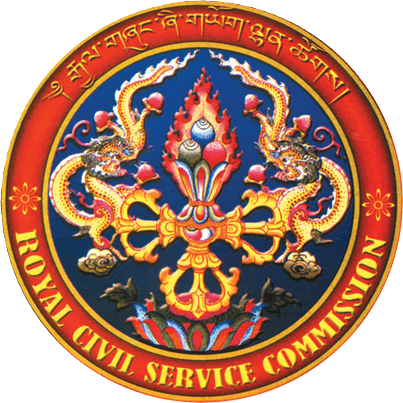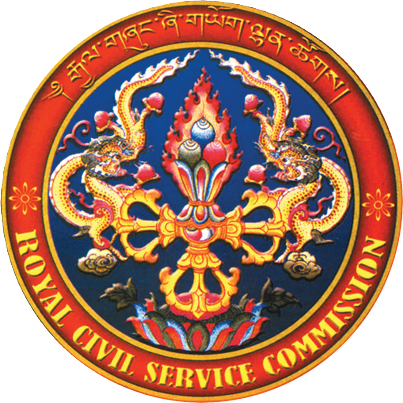Building a Strong Civil Service
A brief history of Bhutan's civil Services...
From the establishment of the Department of Manpower in 1973 to the adoption of the Constitution in 2008, Bhutan’s Civil Service has undergone significant transformations. These changes, driven by the vision of His Majesty the King, have created a professional, apolitical, and merit-based system that serves as the backbone of the nation’s governance.
2008
On 18th July 2008, the Constitution of the Kingdom of Bhutan was adopted, officially enshrining the Royal Civil Service Commission (RCSC) as a constitutional body. The Commission was tasked with ensuring civil servants remain apolitical, professional, and uphold the highest ethical standards, thus promoting good governance and social justice.
2007
In January 2007, the recruitment for operational positions was decentralized to agencies. The first national-level Organizational Development (OD) exercise was conducted to assess the size and structure of the Civil Service and its capacity needs.
2006
In January 2006, the Cadre System was replaced by the Position Classification System (PCS), classifying Civil Service into 19 Major Occupational Groups and 94 Sub-groups, with a focus on merit-based recruitment. The 3rd edition of the Bhutan Civil Service Rules and Regulations (BCSR 2006) was released in June, based on PCS principles.
2005
In December 2005, a decision was made to replace the Cadre System with the Position Classification System (PCS), focusing on merit-based performance and enhancing good governance.
2003
In July 2003, the 81st session of the National Assembly passed a resolution to reconstitute and strengthen the RCSC to protect the bureaucracy from politicization. The Chairman of the Commission was to be appointed by His Majesty the King.
2002
On 11th November 2002, the 2nd edition of the Bhutan Civil Service Rules and Regulations (BCSR 2002) was released, emphasizing merit, professionalism, and public service efficiency. Core values such as honesty, integrity, and selflessness were incorporated.
2001
On 30th November 2001, the drafting process of the Constitution was launched, emphasizing the importance of a stable and efficient Civil Service for peaceful political succession and successful democratic governance.
1999
On 11th November 1999, the government initiated a major administrative reform aimed at enhancing Good Governance. Key focus areas for the RCSC were job classification, merit-based career progression, IT adoption in HR management, and regular leadership training for civil servants.
1990
In November 1990, the 1st edition of the Bhutan Civil Service Rules and Regulations (BCSR 1990) was released, aimed at implementing the provisions of the Royal Charter to ensure efficient and fair human resource management.
1989
The Cadre System was introduced, classifying Civil Service into eight cadres with a hierarchy of 17 grades. The system defined the entry and highest achievable grades for each cadre.
1982
On 2nd June 1982, His Majesty King Jigme Singye Wangchuck issued a Royal Charter for the establishment of the Royal Civil Service Commission (RCSC), tasked with ensuring the effectiveness and integrity of the Civil Service.
1973
The Department of Manpower was established under the Ministry of Development, marking the early stages of structured Civil Service administration in Bhutan.

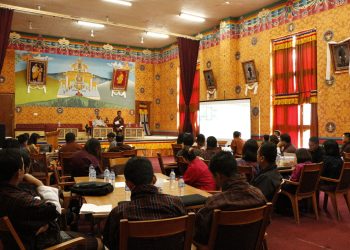
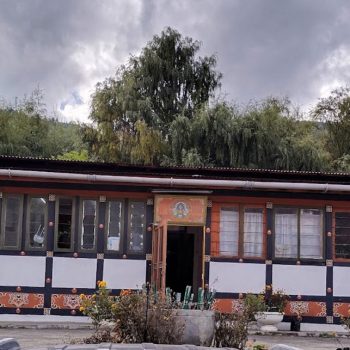
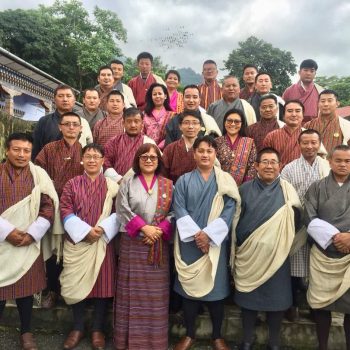
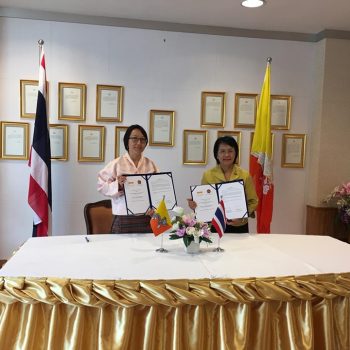
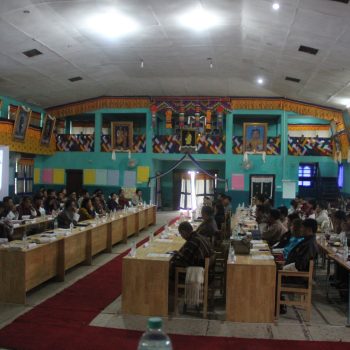
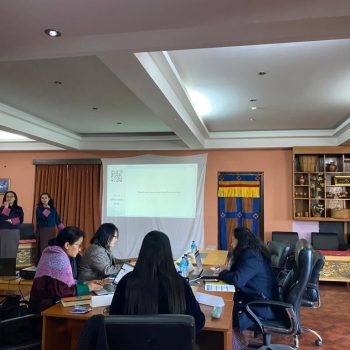
Royal Civil Service Commission
- Kawajangsa, Thimphu
- Post Box # 163
- +975-2-322491, 322956, 322954
- +975-2-323086, 332473
